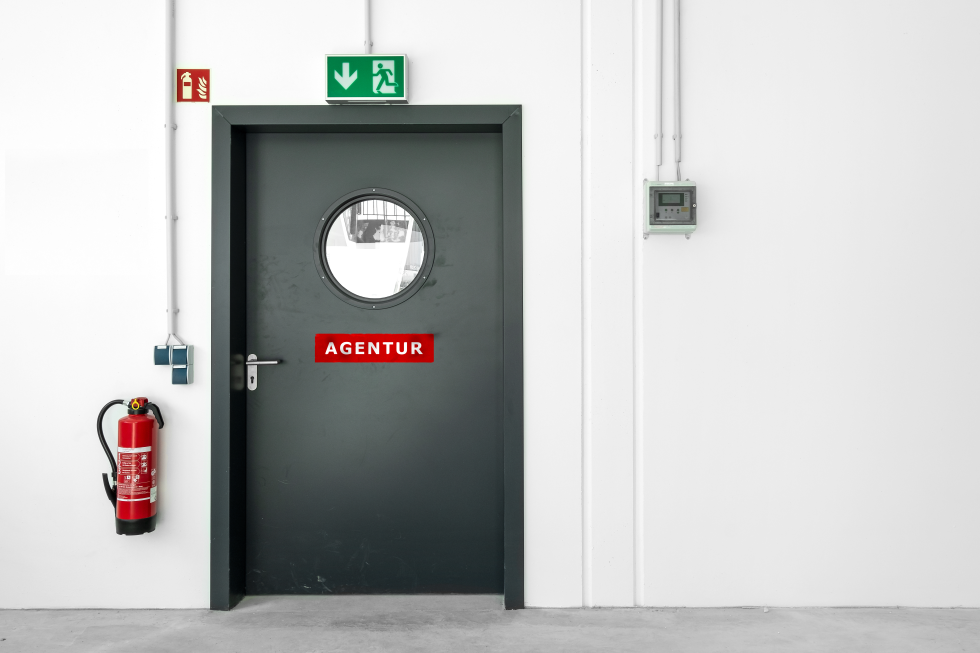

Competition and Regulatory
The Great Escape into Agency Agreements
According to a recent article in the Neue Zürcher Zeitung, most car manufacturers in Europe are currently converting their distribution networks to an agency model. Among other things, the changeover is intended to put an end to customers' haggling over discounts. However, such a switch can be interesting for a distributor not only from a commercial point of view. In a carefully set up agency model, the antitrust assessment changes radically and manufacturers - but also distributors - can largely avoid antitrust compliance challenges.
Manufacturers of products or providers of services have various options for organising their distribution network. Initially, there is always the decision whether the products or services are to be sold directly to the end customers via their own brick-and-mortar stores or via online trade, or whether third parties are (also) commissioned with the distribution.
Depending on how strongly a supplier wants to manage its distributors and influence distribution, various distribution systems come into play. Of particular practical importance are franchising, agency and licensed distribution, although the boundaries between these forms of distribution are sometimes fluid.
Genuine agency and and independent distributors
In an agency system, the distributors, or agents, legally sell the supplier's goods or services in the supplier's name and on the supplier's account. In contrast, an independent distributo or franchisee sells the products in his own name and for his own account. The agent thus bears lower economic risks than a franchisee.
Depending on which risks an agent actually bears, a distinction is made between "genuine" and "non-genuine" agents:
- A genuine agent typically only bears the risk of his own business activity, such as the risk of lack of success in brokerage; but not contract-specific risks, such as warehouse risk, financing or del credere risks or other risks that do not arise directly from the agent's sales activity.
- In contrast, a non-genuine agent bears substantially greater risks: If, for example, the agency agreement provides for the assumption of del credere risks by the agent, or if the agent has to make specific investments under the agency agreement and bear the corresponding risks, it is typically a case of a non-genuine agent.
Antitrust assessment
The extent to which the agent assumes certain risks has far-reaching consequences for the antitrust assessment of the agency distribution system as well as the clauses in the agency agreements. While genuine agents are not considered undertakings within the meaning of the Swiss Cartel Act and are attributed to the principal, non-genuine agents are undertakings within the meaning of Art. 2 para. 1bis of the Cartel Act.
The consequence of this qualification is that, for example, the principals typical setting of sales prices for its agents in the case of the genuine agency is permissible under cartel law. In the case of a non-genuine agency, on the other hand, the provisions on so-called resale price maintenance apply. The setting of retail prices in the agency agreement would then possibly be classified as a "hard core" vertical price fixing agreement under Art. 5 para. 4 Cartel Act, which could result in sanctions for the distributor as well as the agents. The same would apply to other competition agreements, such as the exchange of information in the agency system.
What applies to non-genuine agents must of course apply all the more to "traditional" independent distributors, including licenced distributors and franchisees. They are all considered undertakings within the meaning of the Cartel Act and cannot invoke the privilege of a genuine agent under Swiss antitrust law.
Transformation of the distribution system
Depending on the importance of antitrust-relevant provisions such as non-competition clauses, exclusivities or system-wide price maintenance in a distribution network, it may be appropriate to transform a licence or franchise system into an agency distribution system. Practical examples of such transformations can be found in retail trade, for example, or currently also concentrated in automobile sector.
In the case of Swiss car distribution, the adoption of the parliamentary motion "Pfister", which provides for the "recasting" of the Competition Commission's motor vehicle notice into an ordinance, may also have fuelled the decisions for transformation. The antitrust law advantages are obvious, at least as long as the manufacturers are strictly oriented towards a genuine agency when designing their agency system.
Article in the NZZ of 2 May 2023 (German only): Autohändler werden zu Maklern
In any case, distributors will have to carefully weigh the prerequisites for a genuine agency and the challenges associated with its implementation, also in practical terms, against the advantages under antitrust law and the reduced compliance burden, always in light of the general advantages and disadvantages of agency distribution relationships (for example, with regard to capital input, risk allocation or the distributor's margin). This is the only way to determine whether an escape into the agency model also pays off for one's own distribution system.
Streichenberg - Your escape agents
Do you need support in transforming your distribution system and making it compliant with antitrust law? We have the necessary expertise and many years of experience in advising and representing distribution systems of all sizes, from SMEs to listed corporations. We are available for a free orientation meeting.




